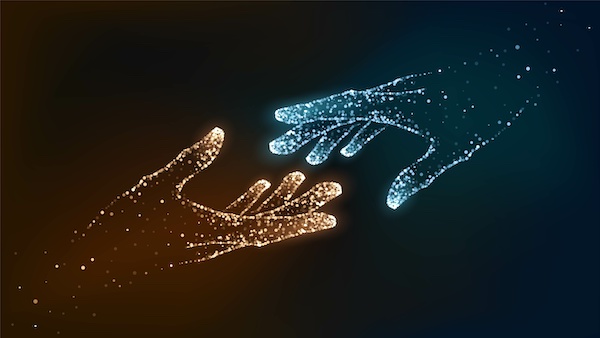“I feel numb.” That’s something I hear again and again.

As the cost of living continues to rise, what will banks do?
When breaking news is always just a tweet or a push notification away. When we are bombarded by an endless news cycle that seems to get more depressing by the day.
When emotions run so deep that we don’t know how to react.
Turning numb might be the only thing that we can feel.
A self-defense mechanism to help us cope.
But what happens to our society when we are all so preoccupied with our own struggles that we fail to recognise what others are going through?
What happens when ‘we’ becomes ‘me’?
I met Tuan, a rideshare driver who immigrated from Vietnam over ten years ago, during my recent work trip to Las Vegas. In our conversation, he recalled how some customers would make up false accusations about him and deliberately gave him a one-star rating, so much so that Tuan, along with a few other rideshare drivers, got suspended from the rideshare platform multiple times. What could have triggered the cruel and intentional acts from the passengers? It was all because of the facemasks that the drivers wore to protect the wellbeing of their families and loved ones. And now, sadly, when his way of making a living is threatened, Tuan feels that he has no choice but to risk his health.
Imagine that.
Especially after the onset of the pandemic, when we experienced a glimpse of unity and human kindness. When we saw the light that helped us through the uncertainty and the tragic loss of human lives.
Despite our shared experiences that brought us together, we have now drifted even further apart.
It almost feels as if we have lost the collective ability to feel — to treat each other with respect — to put ourselves in other people’s shoes, to listen, and to think before we speak or act.
Actions have consequences. Words have consequences.
Imagine my surprise (or rather, my disgust) when a keynote speaker at a recent banking conference made jokes about an allergy-friendly frozen dessert, commenting on how it tasted like cardboard. As a parent of a child who suffers from life-threatening food allergies, I couldn’t help but wonder, how could he? How dare he?
Especially when his keynote topic was on empathy.
The words rang hollow. The cruelty knows no bounds.
The irony.
As the cost of living continues to rise and more consumers face increased economic uncertainties — as interest rates continue to climb and more borrowers may be forced to sell their homes — what will banks do?
What should banks do?
Instead of using digital to prioritise the bottom line, can we use digital to make banking services more human? Can we turn data and insights into proactive and empathetic actions?
If not now, then when?
The recent turn of events reminds us of the need to drive innovation to benefit more of humanity, not less. As society moves to become more “digital”, who are we leaving behind and what are the opportunities for us to do better?
And as we finalise our budgets and priorities for next year, are we making room for empathy?
 About the author
About the author
Theodora (Theo) Lau is the founder of Unconventional Ventures. She is the co-author of Beyond Good and co-host of One Vision, a podcast on fintech and innovation.
She is also a regular contributor for top industry events and publications, including Harvard Business Review and Nikkei Asian Review.
Credit: Source link


Comments are closed.